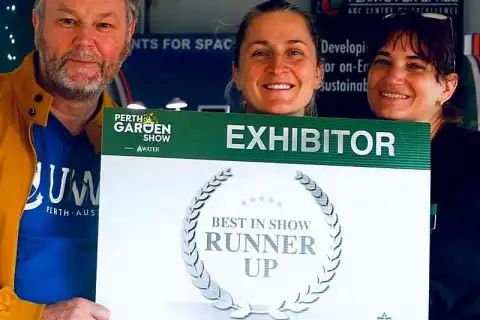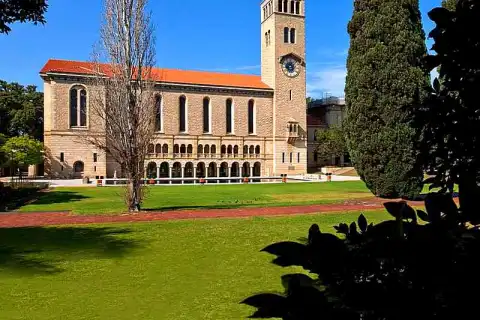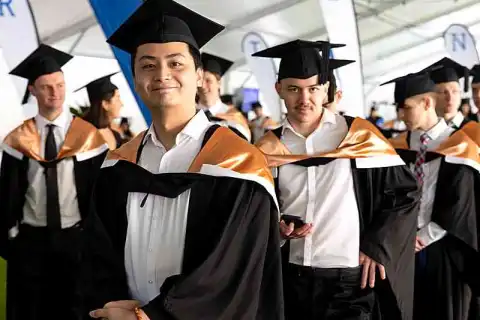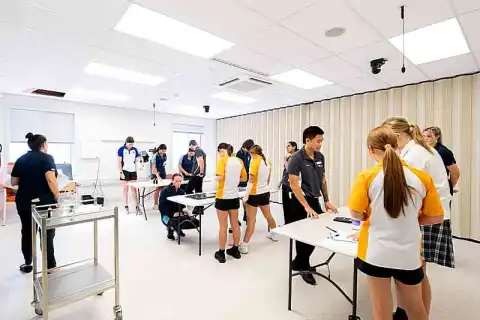Master of Agricultural Economics
- 2 years
- Duration
- 53,500 AUD/year
- Price
- Rolling admission
- Start
- Rolling admission
- Deadline
- Master
- Degree
- Campus
- Format
- Perth / Australia
- Location
Program description
The comprehensive curriculum for students from non-cognate backgrounds consists of 16 units spread over 24 months, whereas the fast-track course consists of 12 units spread over 18 months. You can enroll in the program in either semester. The Agricultural and Resource Economics group, housed inside the UWA School of Agriculture and Environment, offers the degree. Agricultural policy analysis, bioeconomic modeling, environmental economics, consumer demand analysis, production efficiency analysis, water economics, development economics, and many other areas of applied economics, such as technology adoption, the design of agri-environmental schemes, the use of non-market valuation techniques, agribusiness analysis, and international trade, are among the leading areas of expertise for the UWA Agricultural and Resource Economics group, one of Australia's top-ranked research groups in this field.
Program structure
Conversion
Students who have not completed tertiary units that are deemed equivalent to the conversion units for the course must complete relevant conversion units up to the value of 24 points from this group, as advised by the School(s):
- AGRI4409 Fundamentals of Agricultural Science (6)
- ECON4002 Core Concepts in Agricultural and Applied Economics (6)
- SCIE4401 Data Use in Science (6)
- SCIE4403 Ethical Conduct and Communication in Science (6)
Core (take all units (18 points):
- ECON5003 Microeconomic Theory for Agricultural and Environmental Economics (6)
- ECON5004 Microeconometric Models for Agricultural and Environmental Economics (6)
- SCIE4402 Data Management and Analysis in the Natural Sciences (6)
Option - Coursework and Dissertation
Students in the course by Coursework and Dissertation, take 24 points (4 units) from this group:
- SCIE5571 Dissertation Part 1 (6)
- SCIE5572 Dissertation Part 2 (6)
- SCIE5573 Dissertation Part 3 (6)
- SCIE5574 Dissertation Part 4 (6)
Option - Coursework Only
Students in the course by Coursework only take 12 points (2 units) from this group:
- SCIE5004 Professional Skills in Science (6)
- SCIE5005 Science in Practice (6)
Specialisation
- Agribusiness specialisation
- Development specialisation
- Production and Resource Economics specialisation
Price
- Tuition fee — 53,500 AUD per year.
Requirements for applicants
To be considered for admission to this course an applicant must have
- a Bachelor's degree, or an equivalent qualification, as recognised by UWA;
- the equivalent of a UWA weighted average mark of at least 50 per cent;
- completed prior studies at a tertiary level with significant content in economics, statistics/econometrics or mathematics ; or in a related cognate discipline, as recognised by UWA.
English competency
- Minimum overall IELTS score of 6.5, with no band less than 6.0.
For more information on requirements, please contact your Edumapple manager.
About the university
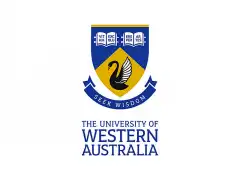
With a founding purpose to "advance the prosperity and welfare of communities," the University of the State was established in 1911 and opened its doors in 1913 to a small student body of 184. More than 28,000 students hailing from 115 different countries are now enrolled.
In the realms of education, research, and student success, UWA has been at the forefront of groundbreaking innovations since its inception. However, a university is more than just a place to get a degree and do research.
Throughout Western Australia, the country, and the globe, UWA has played an important role in advancing knowledge, culture, and the economy for over a century.
As the sole institution in Western Australia to be ranked in the top 100 globally, UWA has earned praise for its creative curricula, strong ties to local businesses, dedication to the student experience, and groundbreaking research.
Choosing to study at UWA means becoming a member of a community that has a reputation for leading good change, both locally and globally. You will also become part of a network of dedicated and innovative leaders who are determined to make a difference.
